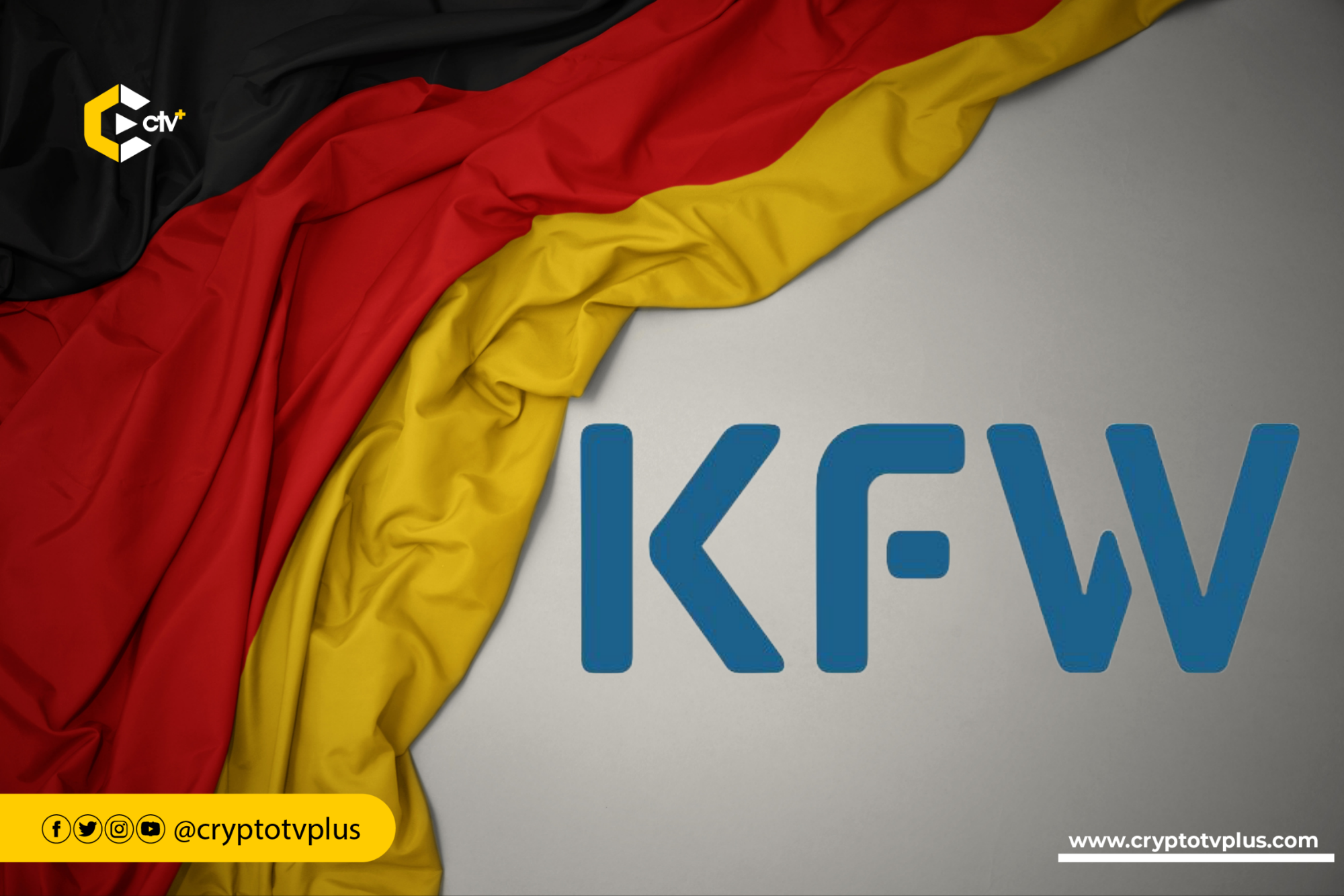News
Germany’s KfW plans to launch its first blockchain-based digital bond

German state-owned development bank Kreditanstalt für Wiederaufbau (KfW) has announced the issuance of its first blockchain-based digital bond.
This project is a significant step towards integrating crypto technology into traditional finance to transform the German bond market.
The report from Bloomberg showed that while the bank looks into releasing this new product, it has successfully issued a digital bond as a central register security.
Bonds are debt securities issued by governments, corporations, or financial institutions to raise capital. They typically involve the borrower (issuer) promising to pay back the principal amount with interest over a specified period.
Digital bonds are a type of bond that is issued and traded electronically, eliminating the need for physical certificates.
They are often referred to as tokenized bonds, where the bond is represented by a digital token on a blockchain or distributed ledger (DLT) rather than a physical certificate.
Blockchain-based digital bonds are a specific type of digital bond that utilizes blockchain technology to facilitate the issuance, trading, and settlement of the bond.
This technology allows for the creation of a decentralized, transparent, and secure record of bond ownership and transactions.
Germany has emerged as an important player in the blockchain sector. The German blockchain sector experienced a 3% year-over-year increase in funding last year, totaling $355 million across 34 deals, with Berlin spearheading the industry by securing a substantial portion of the nation’s blockchain funding.
It has taken a proactive approach to regulating cryptocurrencies, with a law passed in 2020 requiring cryptocurrency exchanges to obtain licenses and comply with Anti-Money Laundering regulations.
The country’s regulatory framework aims to protect investors, preserve financial stability, and foster innovation in the crypto asset sector.
Additionally, the German government has recognized the potential of blockchain technology. And is actively working to strengthen Germany’s position as a leading technology hub through strategic initiatives and regulatory measures.
Tim Armbruster, Treasurer of the bank expressed optimism about the advantages of digitalization, particularly in terms of increased efficiency and scalability.
Leveraging blockchain technology, KfW wants to streamline and enhance its bond issuance process, which will mark a vital moment in the institution’s history.
The bank said that it will also engage in discussions with European institutional investors during a preparatory phase, to allow enough time for investors to understand the opportunities presented by the blockchain-based bond.
It’s also worth noting that KfW is making this project possible alongside other financial institutions such as DZ Bank, Deutsche Bank, LBBW & Bankhaus Metzler. These institutions have been enlisted to facilitate the bond issuance process. Cashlink Technologies GmbH will serve as the registrar for the crypto assets involved.
Further details showed that the bond’s minimum size is anticipated to be €100 million ($108 million) and is designed with a maturity date set for December 2025.












